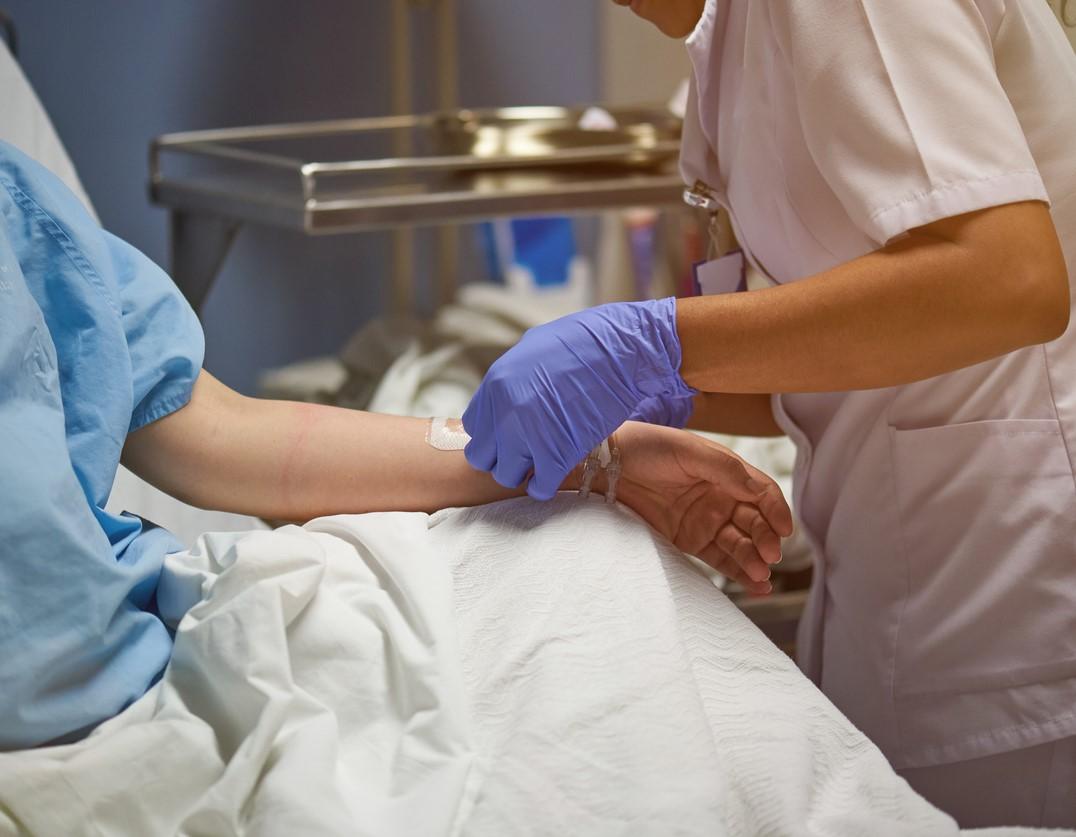Taking zinc could shorten the duration of the common cold by 2 days, according to a Cochrane review today. The evidence is not conclusive, however, and potential benefits must be balanced against side effects including bowel problems, nausea and unpleasant taste, the reviewers note.

For the past 40 years zinc has been marketed as a way to both lessen the severity and shorten the duration of colds. It has been proposed that the mineral inhibits viral replication in the upper respiratory tract.
The new review analyzed results from 34 studies (15 prevention, 19 treatment) involving 8,526 participants. Using zinc was associated with little or no reduction in the risk of developing a cold, the mean annual number of colds, or symptom severity.
The authors found there may be a reduction in the mean duration (MD) of the cold in days (MD, ‐2.37; 95% confidence interval [CI], ‐4.21 to ‐0.53). Overall, the authors said it was low‐certainty evidence.
Non-serious side effects can occur with zinc
Having no serious side effects from zinc was considered moderate-certainty evidence, but there is likely an increased risk of non‐serious adverse events when zinc was used for cold treatment (risk ratio, 1.34; 95% CI, 1.15 to 1.55).
"Ultimately, it's up to the individual to decide whether the risk of potential unpleasant side-effects is worth the benefit of potentially shortening their illness by a few days," said first author of the review Daryl Nault, MS, of Maryland University of Integrative Health, in a press release from Cochrane.
Ultimately, it's up to the individual to decide whether the risk of potential unpleasant side-effects is worth the benefit of potentially shortening their illness by a few days.
The authors noted that studies varied significantly with dose of zinc administered, type of zinc administered, and route of administration (nasal spray or lozenge).
"Future studies should adopt standardized methods for administering and reporting treatments and defining and reporting outcomes," said senior author Susan Wieland, MD, of the University of Maryland School of Medicine, in the press release.














